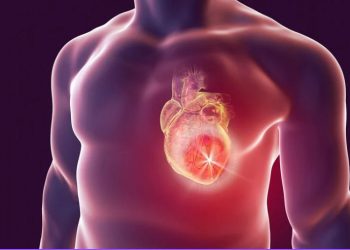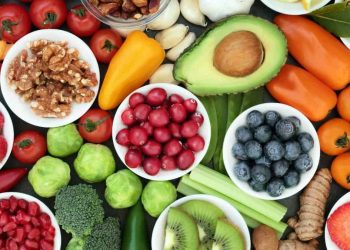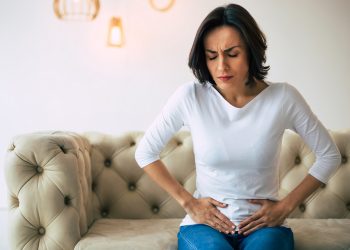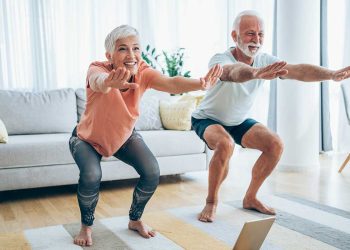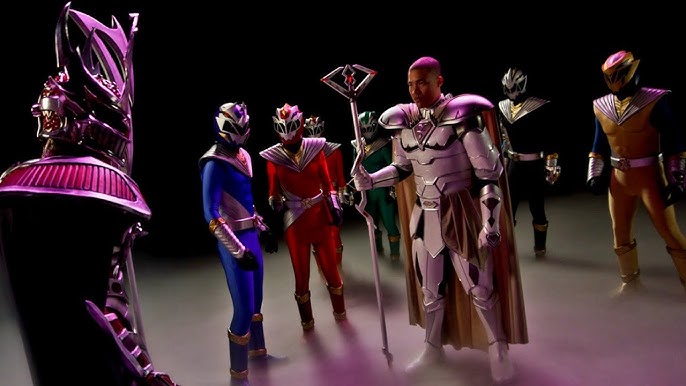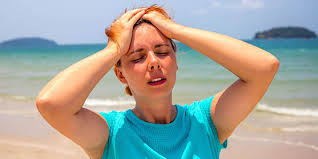Coronavirus COVID-19 spread rapidly throughout the world, probably today there are no countries left where there are no cases.
Coronavirus appeared about six months ago and has already spread throughout the world. In recent months, hundreds of scientists have studied it in detail, but there are still many unsolved secrets of SARS-CoV-2.
Against this background, every day a new “effective and affordable remedy from COVID-19” appears, the conspiracy of pharmaceutical companies is “revealed” and “new diagnostic methods” are found.
However, recommendations on frequent hand washing and maintaining distance remain unchanged.
Coronavirus Prevention: Defense Myths
Myth. 1 The virus dies in some weather conditions, such as extreme heat.
If in the winter some were sure that the virus could be “frozen” and actively walked in cold and snowy weather, now there is an opinion that coronavirus will die at very high temperatures (above +25 ° C ).
WHO experts recall that the body temperature of a healthy person is + 36.5-37 ° C , and an increase in temperature outside will not increase the temperature of the human body.
Recent studies in French laboratories showed that COVID-dies 19 at +60 ° C . Virus transmission occurs even in countries with hot, humid climates.
Myth 2. Ultraviolet lamp for disinfection (UV lamp) allows you to destroy coronavirus
Do not use a UV lamp to disinfect hands or other parts of the body, as this can cause skin irritation or burns.
Myth 3. Flushing the nose and throat with saline is one of the simplest means of preventing COVID-19.
There is no scientifically confirmed information that such an action will protect the body from the penetration of coronavirus. According to doctors, rinsing the nasopharynx with saline can accelerate recovery from ARVI, but it is not even a preventive measure.
Myth 4. Onions, garlic and alcohol are well-known “antiviral” folk remedies that will help not to get coronavirus.
There is much debate about the benefits of onions and garlic in the fight against influenza and other viruses. Indeed, onions and garlic contain sulfides and phytoncides – biologically active substances that inhibit and kill growth, as well as the development of bacteria.
The problem of natural phytoncides, and other antimicrobial components contained in onions and garlic, lies in a very short period of action. To increase the body’s immunity, it is necessary to consume both vegetables constantly, in moderation.
But the “shock” dose from time to time only harm the digestive tract. Therefore, neither onion nor garlic is a means of preventing coronavirus.
On the network, you can find advisers who insist on carrying out “internal disinfection”.
But, excessive drinking (in fake recommendations of 100-250 ml daily) not only does not help protect against coronavirus but is fraught with serious health problems. Alcohol weakens the immune system, which means that the probability of getting sick only increases.

Myth 5. Water “flushes” the virus from the body.
In social networks, the recommendation is to drink water every 15 minutes to flush the coronavirus from the surface of the throat into the stomach in which it will die.
Firstly, the virus can enter the body not only through the mouth but also through other mucous membranes. Secondly, the virus will not die in the stomach, epidemiologists at the London School of Hygiene and Tropical Medicine found
Another opinion that is passed as a recommendation by UNICEF is to drink plenty of hot water and exclude ice cream from the diet. In the organization itself, such advice is called delirium, recalling that only he himself can cope with the virus that has entered the body.
Myth 6. Ibuprofen aggravates the course of COVID-19.
The WHO initially recommended the exclusion of ibuprofen from the protocol for the treatment and self-treatment of acute respiratory viral infections with suspected coronavirus, reporting that it could worsen the course of the disease.
Later, the organization held a lot of consultations with doctors who treat patients with COVID-19 and reported that today there is no reason to believe that non-steroidal anti-inflammatory drugs based on ibuprofen worsen the health status of patients.

Myth 7. In order not to get infected, you need to wipe the body with alcohol or bleach, take a hot bath, and hands can be disinfected with an electric hand dryer
The virus, ingested through the respiratory tract, cannot be destroyed by wiping the body with alcohol or bleach. By spraying these products on your skin or clothing, you can simply get poisoned. Similar means are allowed for disinfection of surfaces, but it is important to know about the safety rules for their use.
Electric hand dryers will not be able to destroy the virus that is already on them. A hot air stream only dries the hands of moisture but does not kill the infection. You must first wash your hands with soap and then dry them with an electric dryer.
Taking a hot bath does not help protect yourself from coronavirus, because the temperature of the human body remains unchanged. But too hot water can dry the skin, weakening the protective barrier, and even cause burns on the body.
Myth 8. Antibiotics prevent coronavirus infection.
The use of antibiotics for a healthy person is contraindicated. Similar medications are used to treat bacterial infections. Nevertheless, antibiotics are included in the treatment protocol for patients with COVID-19 patients, but exclusively as a treatment for concomitant bacterial infections.
Antibiotics do not act on viruses, so taking them with colds can only lead to the appearance of so-called superbugs, from which scientists have not yet come up with a solution .
Myth 9. Vaccination against pneumococcal infection and BCG vaccine protects against coronavirus.
Coronavirus COVID-19 is different from the already known viruses, so none of the existing vaccines will protect against it. The presence of vaccination against tuberculosis – BCG does also not protect against infection with coronavirus.
Scientists suggest that people vaccinated against tuberculosis can more easily tolerate coronavirus, however, clinical trials on this topic have not been conducted.
The 2019-nCoV vaccine is being developed in different countries, but there is no working formula yet. Also, there are no drugs that would be the prevention of coronavirus.
Doctors call the nasal lubrication with oxolinic ointment an absolutely ineffective way of prevention, and the acquisition of over-the-counter immunostimulants is a waste of money.
Myth 10. The mask helps not get infected.
The mask gives a false sense of security. In fact, the mask helps the patient not to infect others. It is important to know how to wear a mask, which masks to choose, how to care for a reusable mask.
What do they suggest using social networks in the fight against coronavirus
MMS (miracle mineral supplement) is a miracle mineral supplement. This tool was announced in March by YouTube blogger Jordan Suther. The supplement is chlorine dioxide, which supposedly kills cancer cells and is the prevention of coronavirus.
At the same time, drug surveillance services from different countries stated that the safety and effectiveness of chlorine dioxide have not been proven by any research. People were advised not to believe in advertising and unscrupulous bloggers.
Colloidal silver – is a protection against viruses, claimed the guest of the show of the American television evangelist Jim Baker. Allegedly, this tool strengthens the immune system and is an antiseptic. The US authorities said that this tool can disrupt the kidneys, cause seizures and change the complexion.
